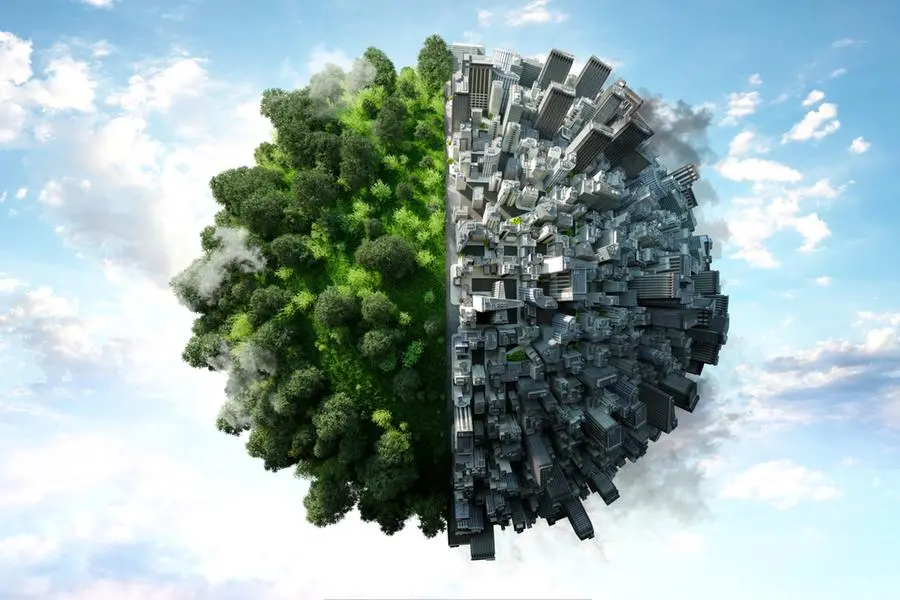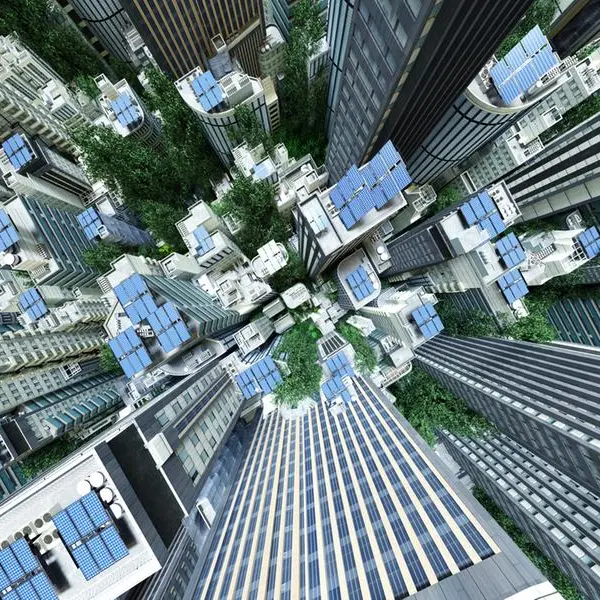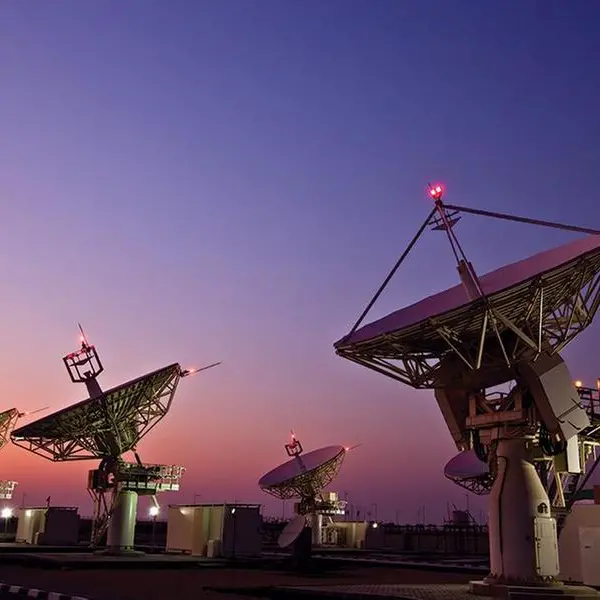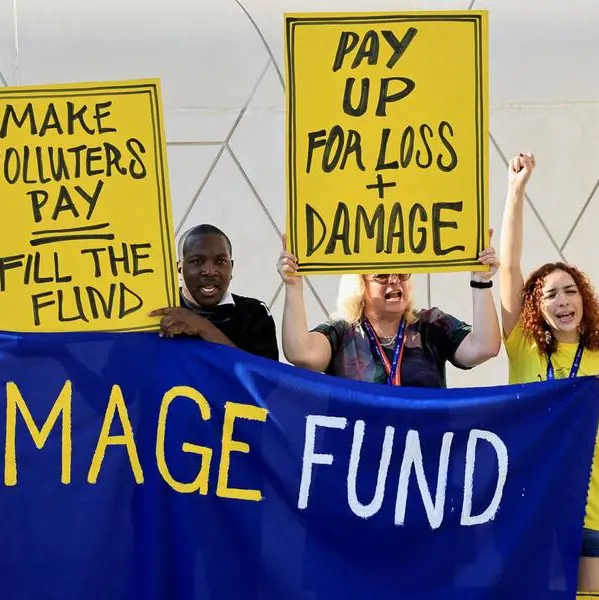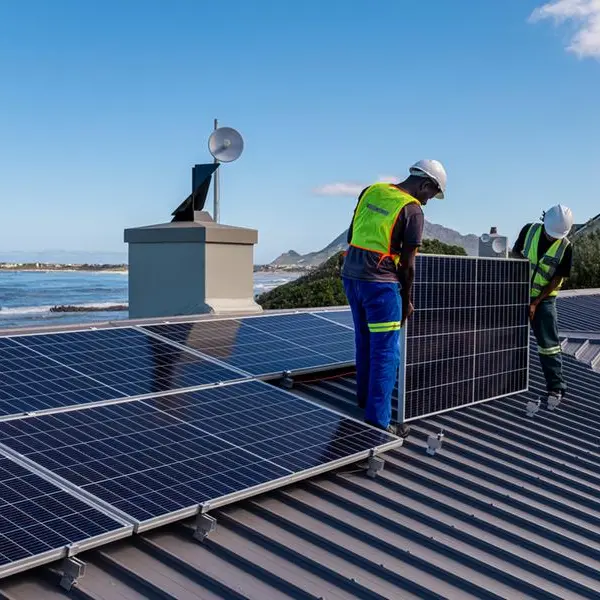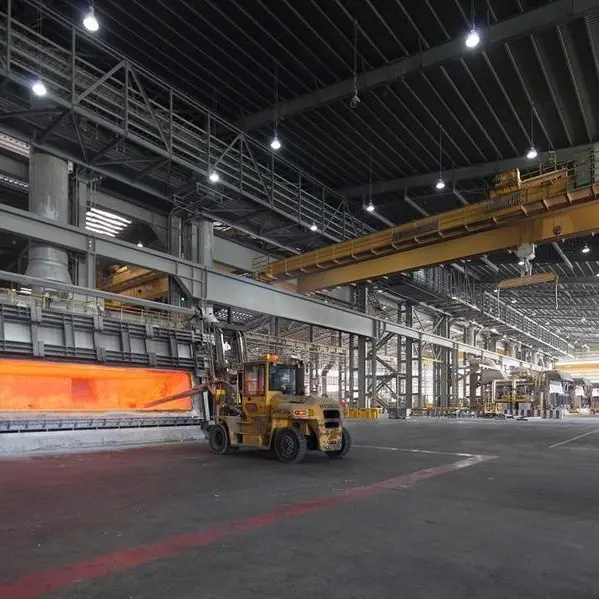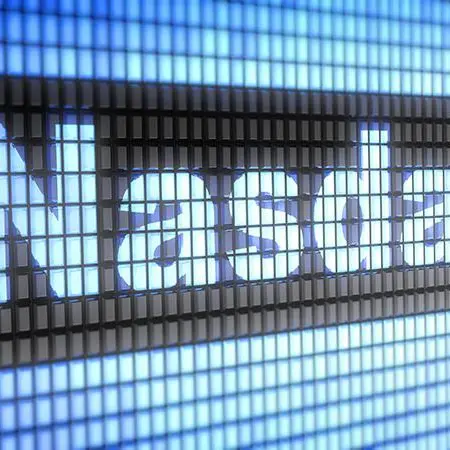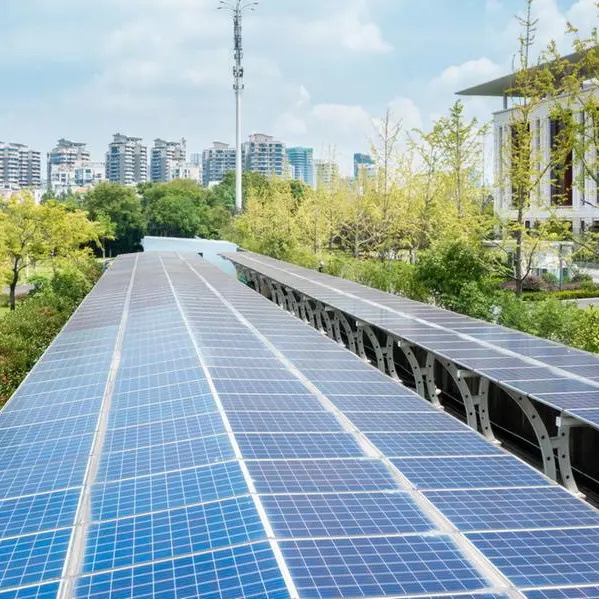PHOTO
The Middle East and North Africa (MENA) will need to spend $500 billion in urban regeneration programmes that integrate environmental, social and governance (ESG) principles and foster inclusive economic development, according to a report by Strategy& Middle East, part of the PwC network.
“As recently as 2018, roughly 31% of those in the Arab world living in cities did so in decaying neighborhoods and dwellings. This injection of capital and urban planning has enormous potential to transform the livelihoods of millions of people, directly or indirectly,” said Karim Abdallah, Partner with Strategy& Middle East.
Several Middle East countries are undertaking urban regeneration efforts, notably Jeddah’s Al Balad district and downtown Sharjah in the UAE. However, these programs face the complex challenge of balancing improvement and gentrification, addressing housing demands and enhancing socio-economic conditions.
Urban regeneration goes beyond traditional development, as it revitalizes old districts and improves the quality of life and economic opportunities. However, such a move must be financially viable for the government agencies, developers and financial institutions sponsoring these projects.
In 2021, over $1.6 trillion in sustainable debt was issued, with a third linked explicitly to ESG targets.
Several GCC nations, including Bahrain, Saudi Arabia, and the UAE, have set out net-zero strategies to preserve the social fabric and engage with communities to maintain cohesive and healthy societies.
“Urban regeneration is integral to the effective management of the MENA region’s population growth,” stated Fady Halim, Partner with Strategy& Middle East.
“By implementing a ‘LIFE’ (learn-integrate-fix-earn) approach, which integrates ESG principles into urban regeneration projects, a variety of sustainability, socio-economic, cultural and quality of life goals can be achieved,” he added.
(Editing by Seban Scaria seban.scaria@lseg.com)
